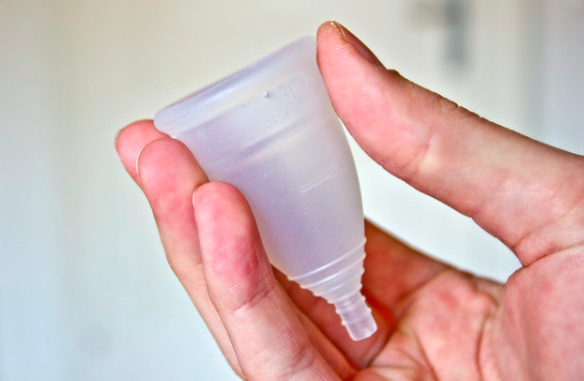In 2013, June my FSH-108, Prolactin-21.36, whereas my Abdominal Sonography was positive.
Eventhough , I am using Northesterone every month from June 2013 to May 2014.
I stopped the same tablets in June 2014.
whereas in July 2014 i.e in this month I had not faced menstrual cycle.
One Doctor says this is DOR, another one one says this is PCOD.
I am an unmarried aged 35 years ,kindly give proper suggestions and medical guide lines.
Thanking you.
All user-generated information on this site is the opinion of its author only and is not a substitute for medical advice or treatment for any medical conditions. Members and guests are responsible for their own posts and the potential consequences of those posts detailed in our Terms of Service.





Add a Comment3 Comments
Hi i used to have heavy period now not so much, and they have gotten shorter also over the last year should i be worried and should i go to my doctor.. im only 21 and im defiantly not pregnant
August 3, 2014 - 1:12pmThis Comment
Hi Anonymous,
You should schedule an appointment with your doctor.
Pregnancy and perimenopause are not the reason for missed and irregular periods.
Regards,
August 4, 2014 - 9:30amMaryann
This Comment
Hello Anonymous,
I will try to provide you with information that may be helpful in conversations with your physician.
Normal FSH or Follicle-stimulating hormone levels in women are:
Before puberty: 0 - 4.0 mIU/ml
During puberty: 0.3 - 10.0 mIU/ml
Women who are still menstruating: 4.7 - 21.5 mIU/ml
After menopause: 25.8 - 134.8 mIU/ml
mIU/ml = milli international units per milliliter
Normal value ranges may vary slightly among different laboratories
FSH helps manage a women’s cycle and stimulates the ovaries to produce eggs. The test is used to help diagnose or evaluate:
Menopause
Women who have polycystic ovary syndrome, ovarian cysts
Abnormal vaginal or menstrual bleeding
Problems becoming pregnant, or infertility
A prolactin test measures the level of the hormone prolactin, which is made by the pituitary gland, in your blood. Prolactin levels are different throughout the day. The highest levels occur during sleep and shortly after you wake up.
Normal prolactin levels for non-pregnant women is 4–23 nanograms per milliliter (ng/mL) or 4–23 micrograms per liter (mcg/L)
Premature ovarian failure can cause high FSH levels in young women.
Further diagnostic testing may be necessary to make a diagnosis.
i hope this helps,
July 24, 2014 - 5:29pmMaryann
This Comment